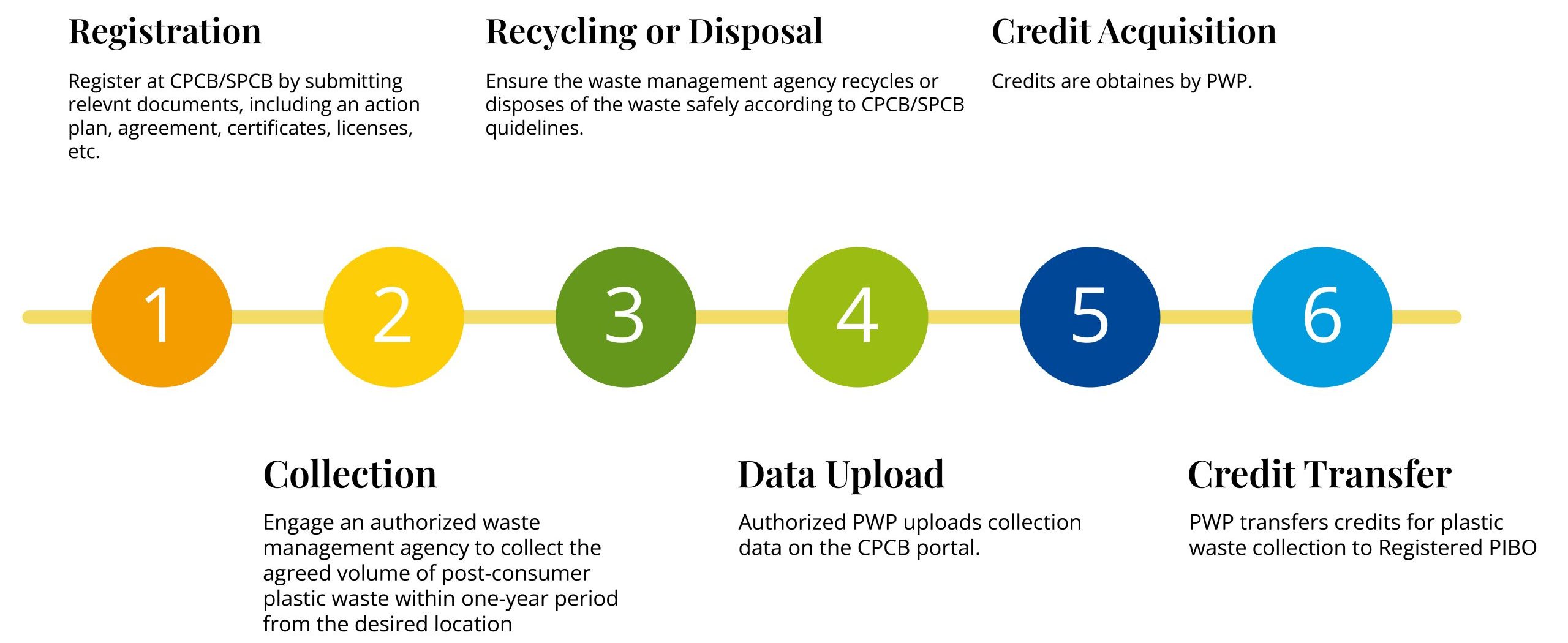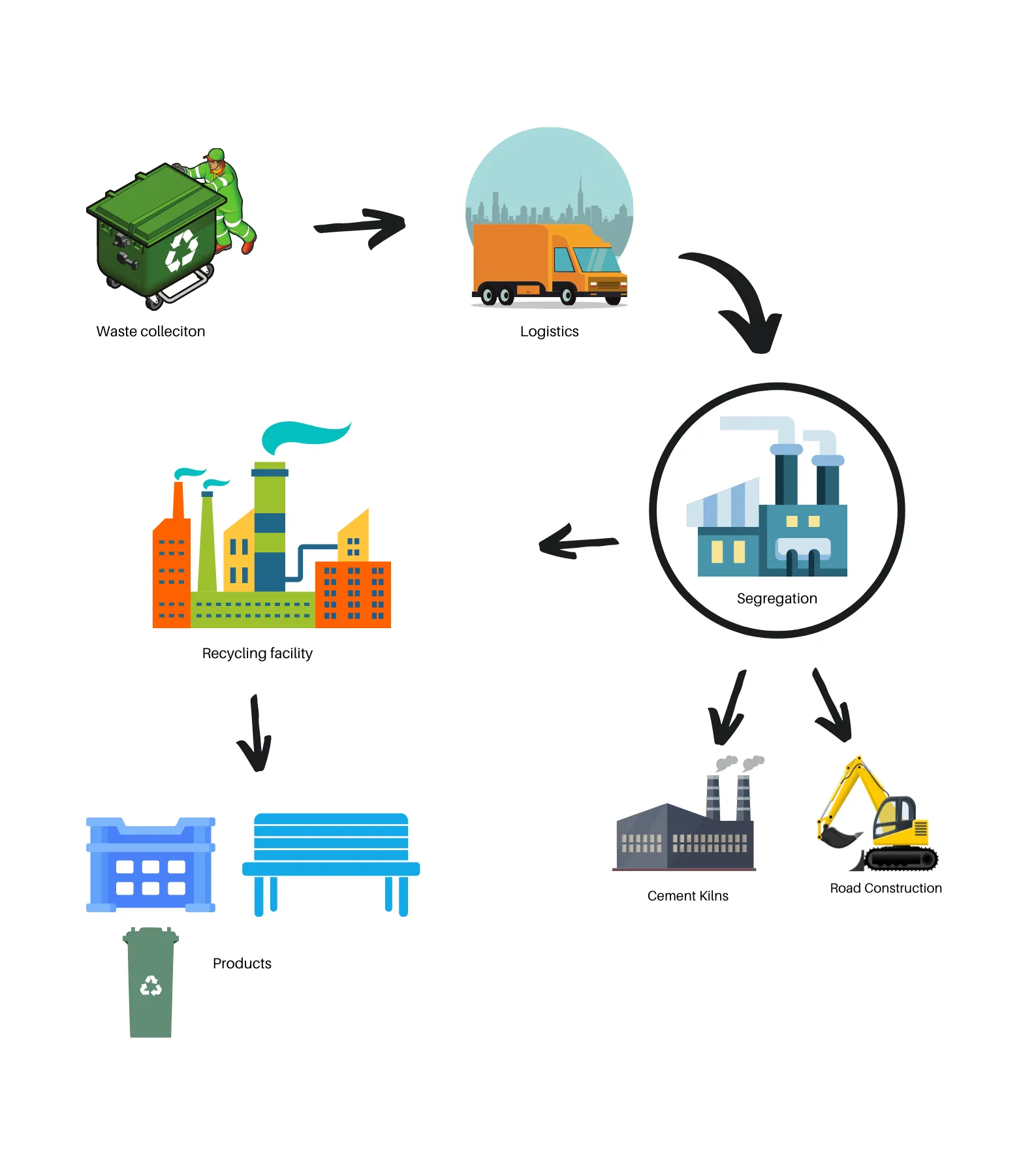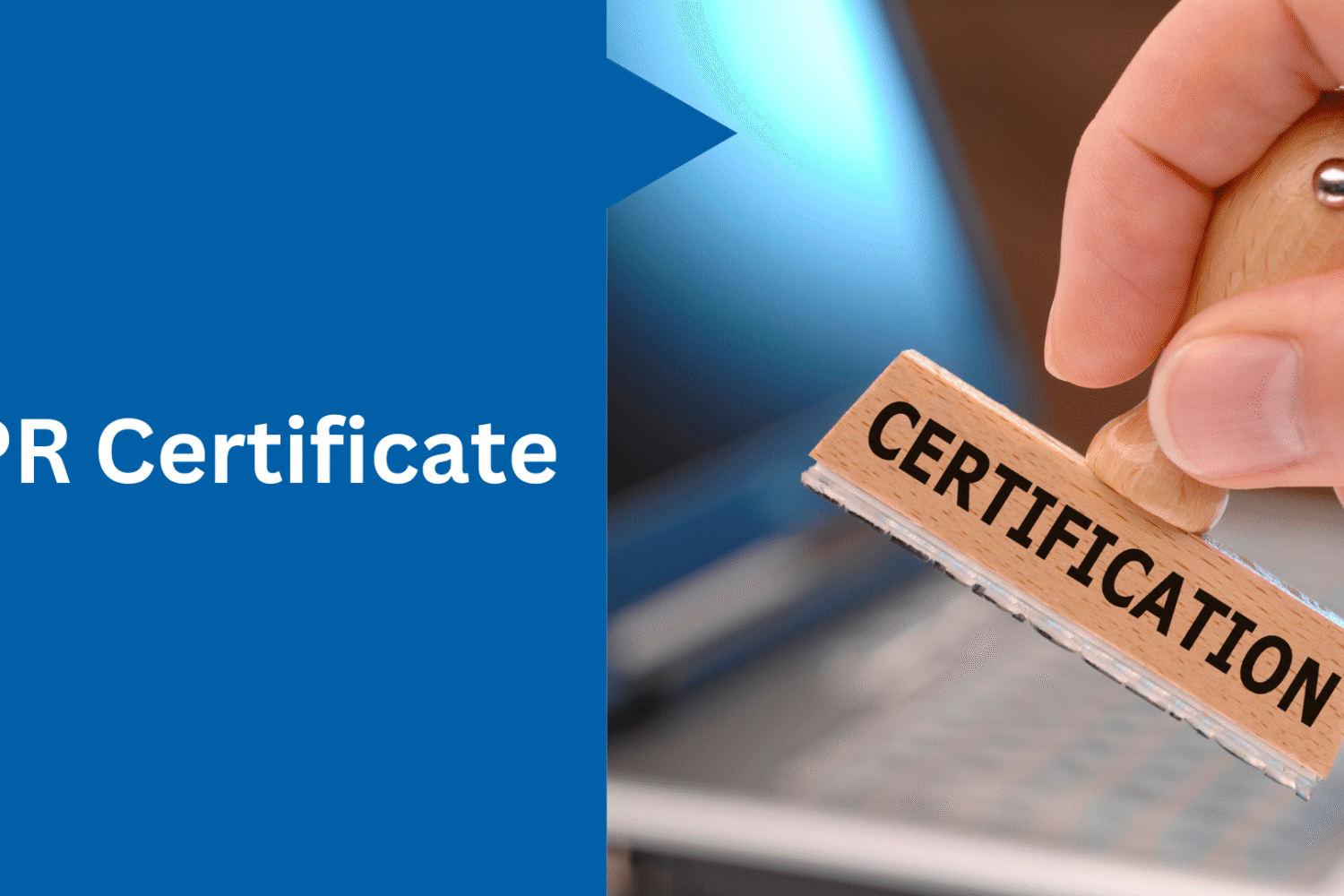EPR (Extended Producer Responsibility) certificate is an essential accreditation that signifies a company’s commitment towards environmental sustainability and responsibility. In this article, we will delve into the details of EPR certification, its significance, benefits, the certification process, and its impact on various industries.
Introduction
In today’s world, where environmental concerns are at the forefront, businesses are increasingly expected to adopt sustainable practices. One such practice is Extended Producer Responsibility (EPR), which aims to shift the responsibility of managing post-consumer products from the end-users to the producers. The EPR certificate plays a crucial role in validating a company’s compliance with environmental regulations and sustainable practices.
Understanding EPR

Importance of EPR Certificate
The EPR certificate serves as evidence that a company has implemented sustainable practices, adhering to the principles of extended producer responsibility. It demonstrates a commitment to minimizing the environmental impact of the products throughout their lifecycle, from production to disposal.
Benefits of EPR Certificate
Obtaining an EPR certificate offers numerous benefits to businesses. Firstly, it enhances their reputation by showcasing their commitment to environmental stewardship. It also opens doors to new markets and business opportunities, as many government agencies, retailers, and consumers prioritize products with EPR certification. Additionally, it helps businesses comply with environmental regulations and reduces the risk of fines or penalties.
EPR Certificate Process
The process of obtaining an EPR certificate involves several steps. Initially, a company needs to assess its product’s lifecycle impact, identifying areas for improvement. Then, it should implement measures to reduce the environmental footprint and establish systems for proper disposal, recycling, or recovery of products. After implementing these measures, the company can engage with an accredited EPR certification body to undergo an assessment and audit. Once the company successfully meets the requirements, it receives the EPR certificate.
EPR Certification Bodies

Industries and EPR
EPR certification is applicable to a wide range of industries, including electronics, packaging, automotive, pharmaceuticals, and more. It encourages producers in these sectors to design products that are easier to recycle or dispose of safely. EPR also promotes the use of sustainable materials and encourages responsible waste management practices.
EPR Certificate and Sustainability
The EPR certificate plays a vital role in promoting sustainability. It ensures that businesses actively participate in minimizing waste generation, encouraging recycling and resource conservation. By obtaining the EPR certificate, companies demonstrate their commitment to sustainable practices and contribute to the circular economy.
Challenges and Limitations
While EPR certification brings numerous benefits, it also faces certain challenges and limitations. One challenge is the complexity of implementing EPR systems, especially for small businesses with limited resources. Additionally, the effectiveness of EPR programs relies on collaboration among stakeholders, including producers, consumers, and government agencies. Addressing these challenges and streamlining the EPR processes can enhance its overall impact.
Future of EPR Certificate
The future of EPR certification looks promising as more businesses recognize the importance of sustainable practices. Governments and regulatory bodies are likely to introduce stricter regulations to encourage EPR adoption. This will drive businesses to obtain EPR certificates to remain competitive and meet the growing demands for environmentally responsible products.
Conclusion
The EPR certificate has emerged as a significant accreditation for companies aiming to demonstrate their commitment to environmental sustainability. By obtaining the EPR certificate, businesses can improve their reputation, access new markets, and comply with environmental regulations. As industries become more environmentally conscious, EPR certification will continue to play a pivotal role in fostering sustainable practices and reducing the environmental impact of products.

